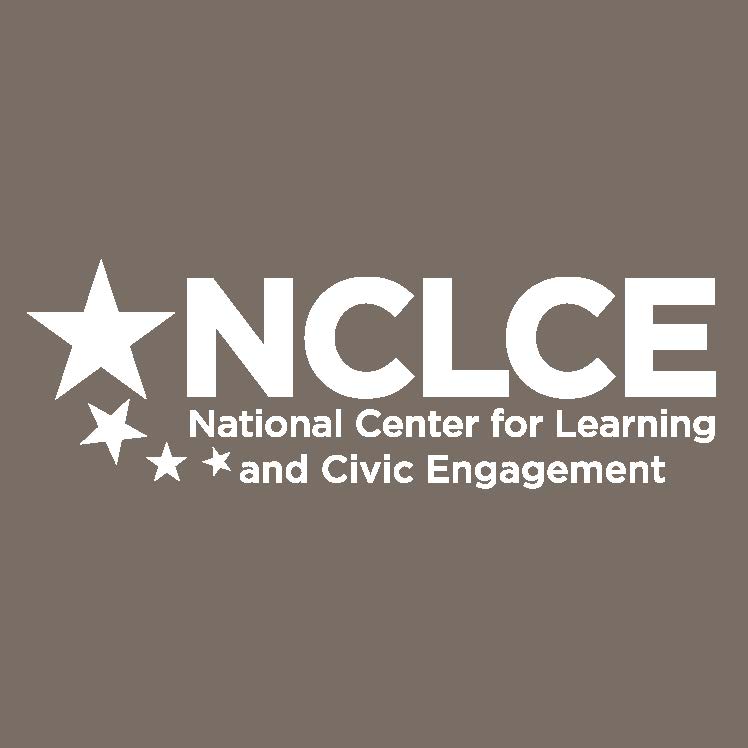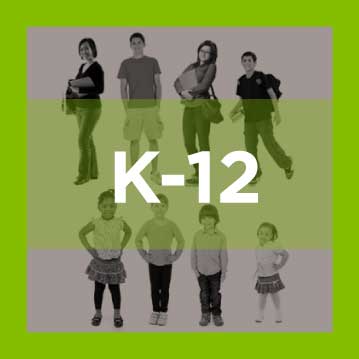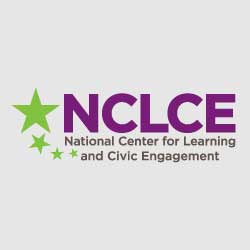As Massachusetts acts to fulfill the goal of their Higher Education Vision Project to “produce the best-educated citizenry and workforce in the nation,” they see a critical strategy in civic engagement and service-learning. John Reiff, Ph.D. the first individual to hold a recently created position in the Massachusetts Department of Higher Education as Director of Civic Learning and Engagement, shared details of Massachusetts evolving commitment. “The Vision Project initially had five goals related to college and workforce success,” Reiff explains. “Faculty and administrators from Massachusetts campuses wanted to see with equal clarity a focus on preparing students for civic responsibility. The Board of Higher Education agreed and added the goal of Preparing Citizens: Providing students with the knowledge, skills and dispositions necessary to be active, informed citizens.”
After setting the goal of producing citizens through their educational experience, Massachusetts faced the challenge of defining what it means to succeed in producing active, informed citizens and how to evaluate their progress. A Study Group on Civic Learning and Engagement met in 2013 to tackle these difficult issues. Based on their report and recommendations, Massachusetts became the first state to adopt a Civic Learning Policy for public campuses, establishing civic learning as an “expected outcome” for undergraduate students beginning in the 2014-15 academic year. The policy defines civic learning to include the development of civic knowledge, intellectual skills and applied competencies needed to engage effectively in civic activities, as well as understanding social and political values associated with democratic and civic institutions. The policy charges campuses to develop strategic goals, plans and curricula fostering civic learning and to identify new ways to measure and report student civic learning outcomes.
To support the work of campuses, the Massachusetts Department of Higher Education created the position of Director of Civic Learning and Engagement in 2015 and tapped John Reiff, who had served on the study group as the Director of UMass Amherst Civic Engagement and Service-Learning. One of the first steps is the development of a civic learning course designation. A Civic Learning Team with members from eight campuses developed criteria for the designation of courses that provide significant civic learning and a model process for assigning the designation to courses. The civic learning course designation differentiates between courses offering classroom-based civic learning and those that offer stronger experiential service-learning outside the classroom. The Civic Learning Team presented their preliminary recommendations at a Civic Learning and Student Success Action Summit. The team also shared ideas campuses could adopt to ensure civic learning for all students, such as establishing a campus-level requirement that students take civic learning designated courses and badging the degrees of students that complete a required number of civic learning designated courses.
Team members have now taken the team recommendations back to their individual campuses to guide development of their own civic learning guidelines and processes. This includes reviewing courses and assigning the civic learning designation for the 2016-17 academic year, encouraging more civic learning-designated courses and providing professional development to help faculty deliver experiential-based civic learning. “As we are now working with campuses to designate courses they will offer in the fall with a significant focus on civic learning, I realize how important it was to start with a Civic Learning Team. I knew that I needed their input in order for our recommendations to actually work on the campuses; what I didn’t realize was that we were also organizing leaders for this work on their campuses.” Reiff concludes, “Engaging faculty and staff early allowed them to share responsibility for the success of the initiative, and they are helping their campuses figure out how to carry out the process.”






